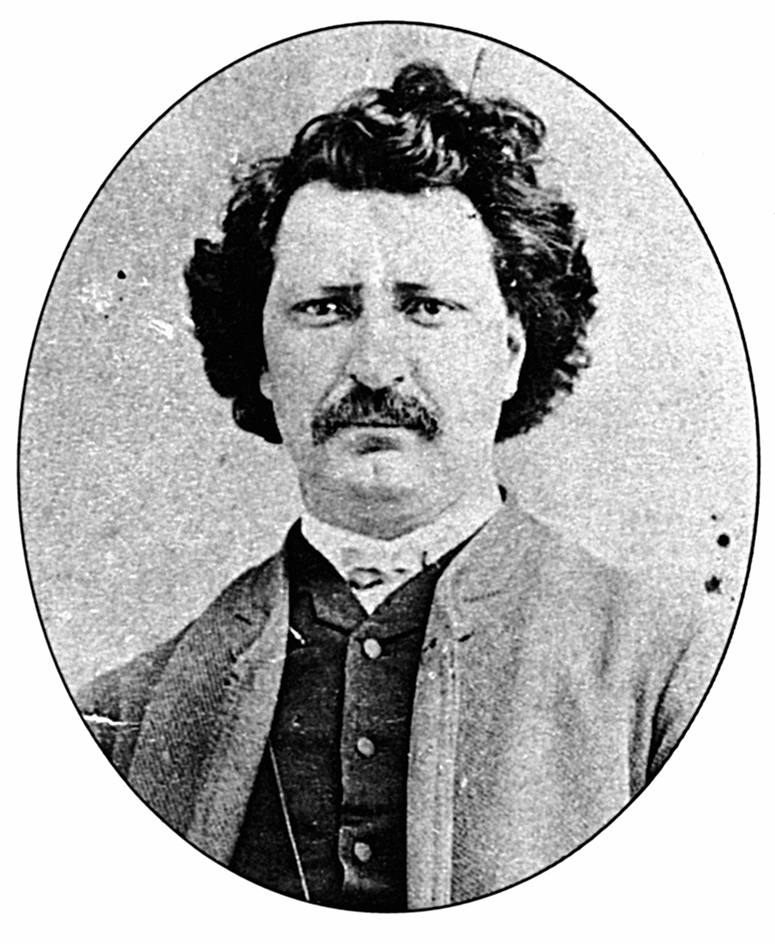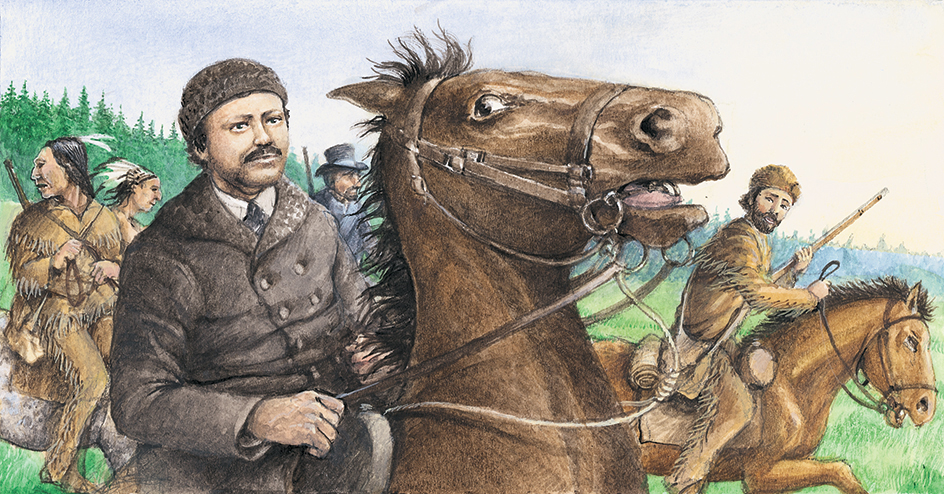Riel << ree EHL >>, Louis (1844-1885), was a Métis leader who led uprisings against the Canadian government in 1869 and 1870, and again in 1885. Métis are people with both First Nations and European ancestry. First Nations are original peoples of the land that is now Canada. Riel was hanged as a traitor after the second revolt.

The first uprising began after the Canadian government decided to buy some land from the Hudson’s Bay Company in what is now Manitoba and open the land to new settlers. The Métis in the Red River Valley feared they would lose their land to the settlers. Riel protested in vain. In 1869, Métis led by Riel captured Fort Garry (now Winnipeg). Government troops put an end to the revolt of the Métis in 1870. Riel fled and was classed as an outlaw. However, a provisional government that had been set up by Riel negotiated with the Canadian government. As a result, the government set aside land for the Métis and established the province of Manitoba. See Red River Rebellion.
Riel was elected to the Canadian House of Commons in 1873 and 1874, but was denied his seat. He was given a pardon in 1875 on the condition that he leave Canada for five years. But Riel suffered a mental breakdown in 1875. He was in hospitals for people with mental illness from 1876 to 1878. He then moved to Montana. He became a United States citizen in 1883.

By 1884, hundreds of Métis had moved from the Red River Valley in Manitoba to what is now Saskatchewan. They feared that white people would take over their new settlements. At their request, Riel returned to Canada to lead the fight for Métis land claims. Fighting broke out in 1885. Government troops defeated the Métis and their First Nations supporters. Riel surrendered, was convicted of treason, and was hanged on Nov. 16, 1885. See North West Rebellion.
Riel was born on Oct. 22, 1844, in what is now St. Boniface, Manitoba. In 1992, the Canadian Parliament recognized Riel’s role in the creation of Manitoba.
